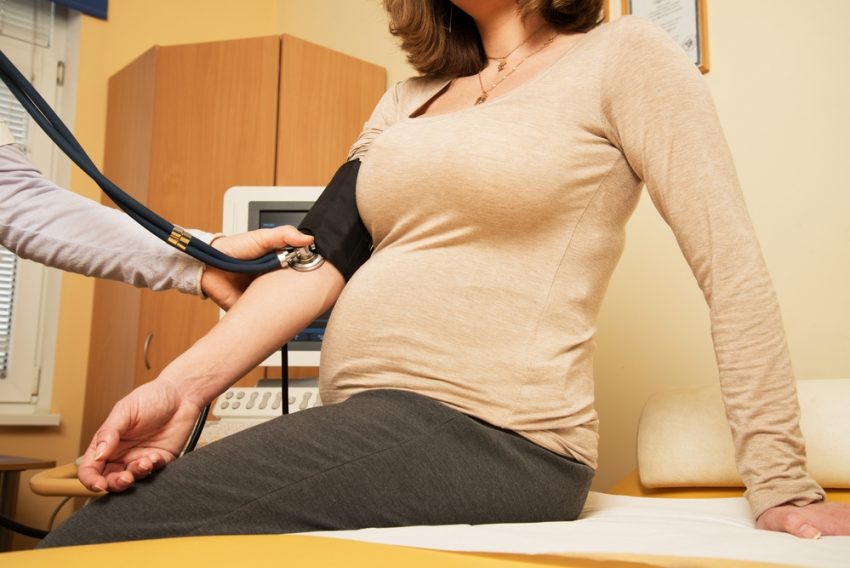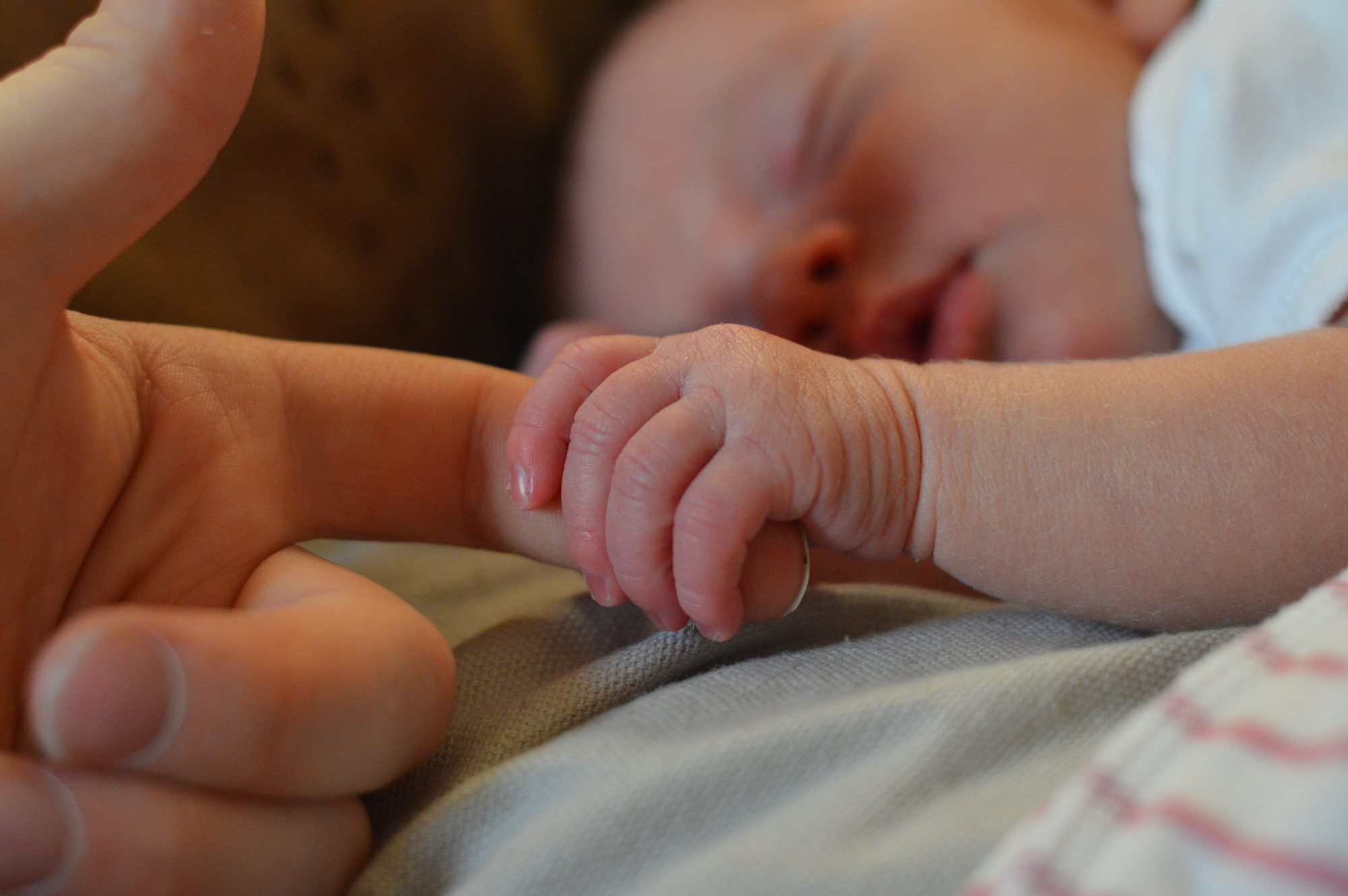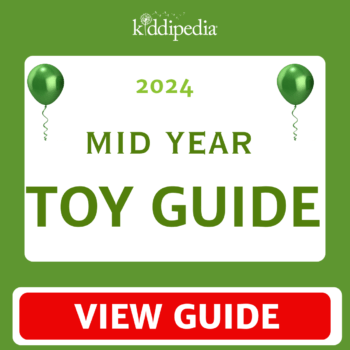Australia’s leading kidney health organisation, Kidney Health Australia, has warned that Australian women risk infertility and miscarriage by remaining unaware of their risk of developing kidney disease.
Kidney Health Australia Interim CEO Dr Lisa Murphy urged women hoping to start a family to understand their kidney disease risk this Kidney Health Week (5th – 11th March) to preserve their fertility, improve their health, and increase their chances of having a healthy baby.
“Kidney related disease can cause miscarriage and infertility in women wanting to start a family, yet over 2.5 million Australian women do not know they are in a high-risk group for developing Chronic Kidney Disease, or the fact that fertility can be severely compromised because of the disease,” she said.
“Up to 90 percent of kidney function can be lost with no apparent symptoms, and for women, kidney disease can severely impact their chances of having children. Fertility declines as Chronic Kidney Disease advances, which is why it’s so important for women who may want children to check their risk.
Chronic Kidney Disease can be treatable, and even reversible if detected early. So we encourage all women to take the online test and if they’re shown to be at increased risk, to see their GP for a kidney check,” said Dr Murphy.
We had the privilege of asking Dr Lisa Murphy – Interim CEO of Kidney Health Australia a few questions about chronic kidney disease’s cause, prevention and its effects on fertility.
- It’s alarming that the statistics are so high with one in three people at risk of developing Chronic Kidney Disease. What is the main cause of someone developing the disease?
There is no one cause for somebody developing kidney disease, however, there are a number of risk factors.
Australians at risk of developing chronic kidney disease include those who have diabetes, high blood pressure, established heart problems such as heart failure or heart attack, have had a previous stroke, a family history of kidney failure, are obese with a body mass index (BMI) of 30 or higher, smoke, have a history of acute kidney injury, are 60+ years or are of Aboriginal and Torres Strait Islander origin.
Kidney Disease is often referred to as the silent killer because 90 percent of kidney function can be lost without any symptoms, so it’s vital that people find out if they fall within one of the high-risk groups and, if so, visit their GP for a kidney check.
- Is Kidney Disease preventable? What advice can you give to help prevent developing it?
If caught early, chronic kidney disease is very treatable and in some cases can even be reversed entirely. It’s important to take care of your kidneys, and some of our recommendations are:
- Get your blood pressure checked regularly and make sure it stays below the levels recommended by your doctor.
- If you have diabetes make sure you monitor your blood glucose levels and stay within your targets.
- Lead an active, healthy lifestyle and maintain a healthy weight.
- If you have ever had problems with blood pressure and diabetes in pregnancy, make sure you see your doctor and get followed up later in life.
- Can Fertility be compromised because of the disease?
Fertility can be affected by Chronic Kidney Disease because it can cause a lot of hormonal changes, particularly when Kidney Disease is quite advanced. Sometimes women with severe kidney failure such as those needing dialysis may experience irregular periods or no periods at all. It’s very rare for these women to get pregnant and even if they do, there is a high chance of early miscarriage.
Kidneys also work at 150% capacity by twelve weeks of pregnancy, so for a woman in the early stages of pregnancy and who has kidney disease, that’s a lot of added pressure on her kidneys. The placenta, which feeds the baby, may not grow properly, and the baby may be small and be born early. Women who conceive a child while on dialysis or following a kidney transplant are at increased risk of premature delivery and having babies with small birth weight, so its important that women discuss family planning with their doctor.
However, it’s important to note that with careful planning and specialised care, many women with kidney disease can have successful pregnancies.
- From what age can a woman take a kidney test?
Kidney disease does not discriminate and can affect men and women of all ages, even babies and small children. We’re encouraging everyone to find out if they’re at an increased risk of developing chronic kidney disease by taking our simple online test ‘Are you the 1 in 3?’ that can be found at www.kidney.org.au.
If a person – a female or male – finds that they are in a high-risk group, we’d encourage them to see their doctor for a kidney check.
So take Kidney Health Australia’s ‘Are you the 1 in 3?’ test to find out if you are at an increased risk of developing chronic kidney disease, and for more information on Kidney Health Week, visit www.kidney.org.au World Kidney Day also takes place on 8th March 2018.
Hashtag: #KHW18









